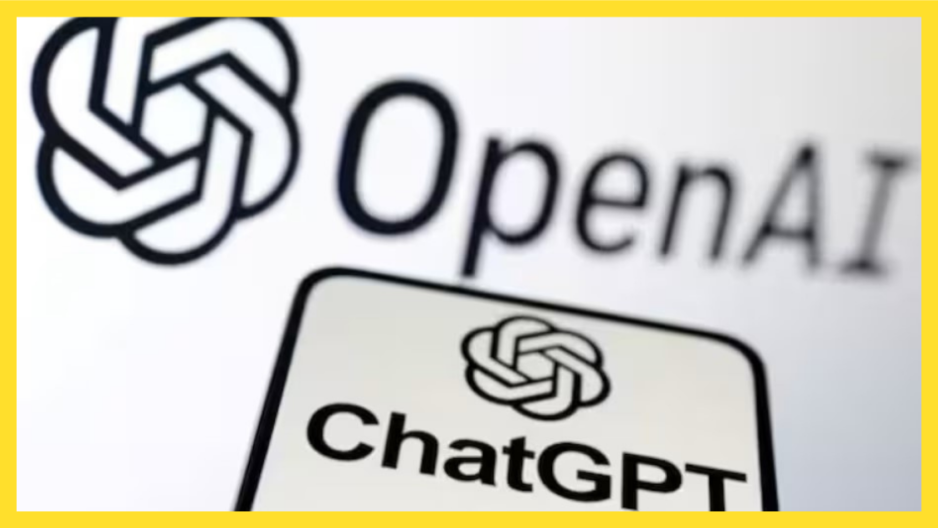When OpenAI announced GPT-5, the internet went wild. Threads on Reddit, endless tweets, and tech influencers all hinted at one thing: this was going to be the upgrade. People imagined an AI so advanced that it could practically run businesses, write flawless code, and maybe even predict your next thought.
The reality? GPT-5 is good, no doubt, but it’s not the earth-shattering leap that marketing made it sound like. Here’s why the buzz was so big — and why expectations didn’t quite match reality.
Why GPT-5 Created So Much Noise
OpenAI knows how to build hype. Before launch, the company teased big phrases like “PhD-level intelligence” and introduced a new feature called Agent Mode. Social media picked it up, and soon the narrative was clear: GPT-5 was going to change everything.
People started imagining an AI that would not just answer questions but act like a personal digital employee — booking meetings, managing tasks, even running your projects. Add to that the usual chatter about “the next step towards the future,” and expectations went through the roof.
The Real Improvements
Now, let’s be fair. GPT-5 is definitely better than GPT-4. It brings:
- Stronger reasoning skills: Great for complex, multi-step tasks.
- Better context retention: Conversations feel smoother without losing the thread.
- Model routing: GPT-5 can choose between models for speed and accuracy.
- Agent Mode (beta): Designed to break big tasks into steps and execute them.
For power users — developers, analysts, and advanced researchers — these upgrades matter a lot. If you need AI for logic-heavy work, GPT-5 is a solid step forward.
So, Where Did It Fall Short?
For everyday users, the change isn’t dramatic. Writing emails, summarizing docs, or brainstorming ideas? GPT-4 already handled those well, and GPT-5 doesn’t feel like a game-changer here.
The most hyped feature, Agent Mode, is still rough around the edges. It’s slow, sometimes overcomplicates tasks, and feels more experimental than production-ready. Great idea, but not yet the AI assistant that replaces half your apps.
Another challenge? Expectation management. Marketing set the bar so high that anything short of magic was going to feel disappointing.
The Verdict: A Step Forward, Not a Leap
GPT-5 is not a flop. It’s a solid, thoughtful update that improves reasoning, context, and efficiency. But it’s not the “mind-blowing” jump some hoped for. Think of it as part of a marathon, not a sprint.
If you’re into deep problem-solving, GPT-5 is worth trying. If you were expecting a miracle worker, you might want to temper your expectations. The AI race is heating up, and GPT-5 is another sign that progress is real — just not overnight.
https://www.youtube.com/watch?v=PlP7QNPEkQARead more on: OpenAI, Fortune




